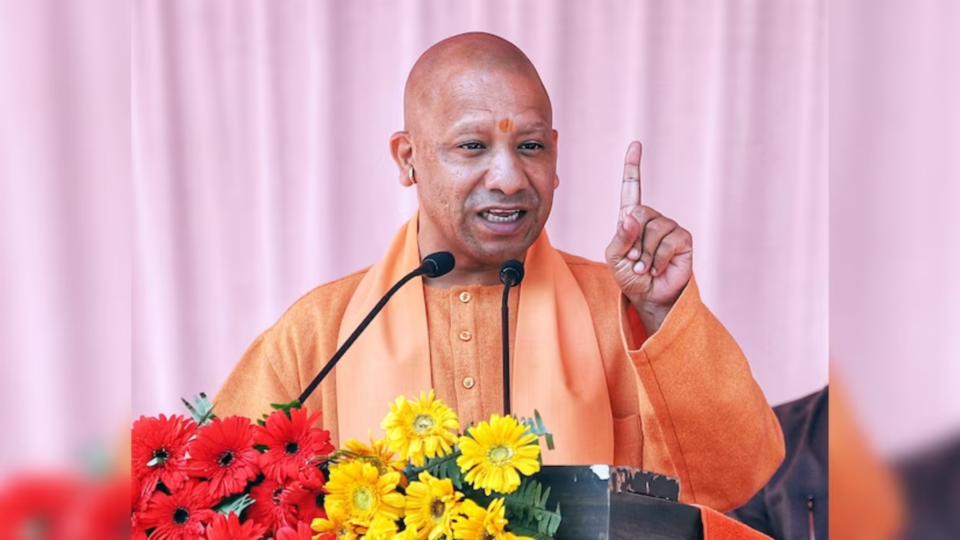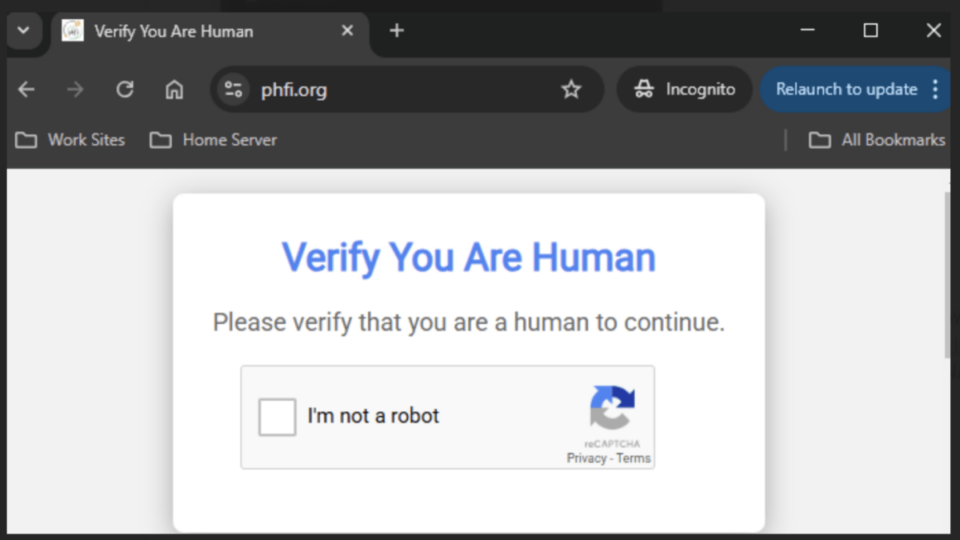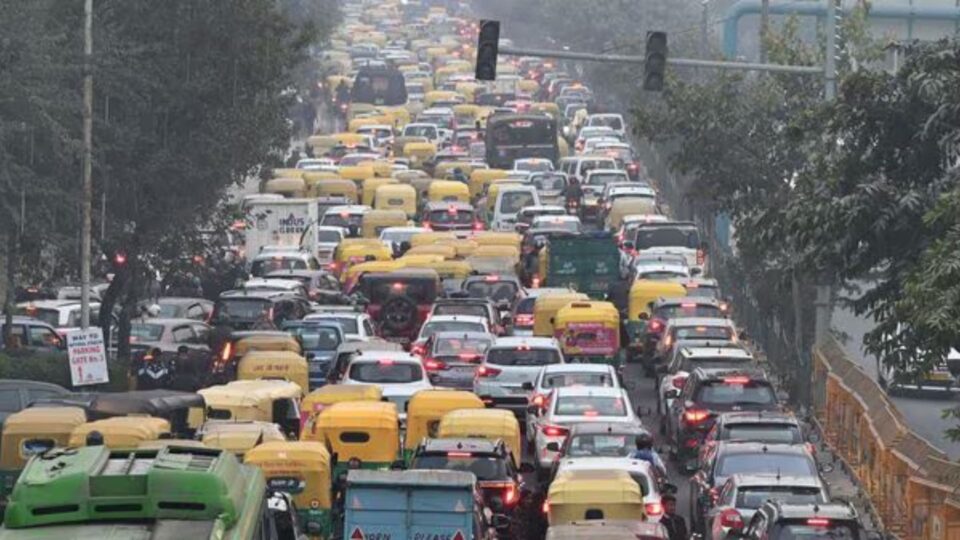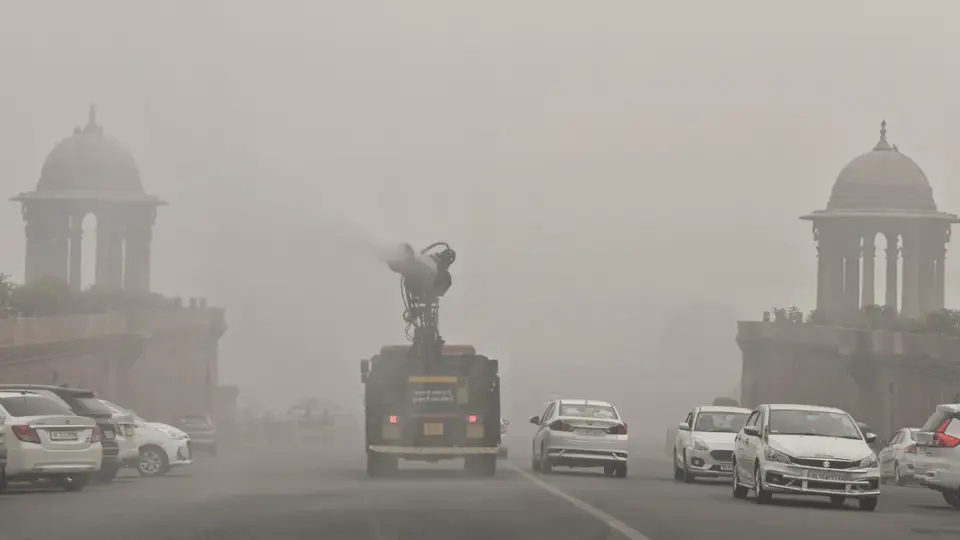
Aadhaar Card Updation is Free For Only Next Four Days
The deadline for updating Aadhaar Card info for free ends this week. UIDAI recommends all Aadhaar holders to refresh their supporting documents at least once every ten years from enrollment to maintain accurate data.
The free update for Aadhaar Card documents by UIDAI has been extended. People can now update their Aadhaar details at no cost until December 14 instead of the earlier deadline of September 30.
You can use the free service on the myAadhaar portal. But if you prefer physical Aadhaar centers, there’s a Rs 50 charge.
If you want to update your info (like Name, Date of Birth, Address, etc.), you’ve got two choices: go online or visit an Aadhar center. If you pick the second option, there’s a standard fee.
How to Update Your Aadhaar At Home Via UIDAI Website?
- Step 1: Visit and login to MyAadhaar site.
- Step 2: Click ‘Document Update’ to see your current details.
- Step 3: Check the details, then click the next link.
- Step 4: Now select the identity and address proof from the dropdown menu.
- Step 5: Upload scans and make the payment to complete.
In the last ten years, the Aadhaar number has become a common way for Indians to prove who they are. It’s used in about 1,200 government programs run by both the central and state governments. Banks and other services, like NBFCs, also use Aadhaar to quickly confirm and sign up customers.
As per the rules set in 2016, if you have an Aadhaar number, you can update your supporting documents every ten years from the time you first enrolled. This helps keep your information accurate.
Also read:
Mistake in ITR? Delete it With ‘Discard’ Feature Launched by IT Department
Benefits of Keeping Your Aadhaar Up to Date
- An Aadhar number is a unique identifier linked to biometric data, ensuring no duplicates in the government database.
- Aadhar is portable and stored as a soft copy for easy verification. Agents can access the UIDAI database from anywhere for authentication.
- It offers self-service for secure mobile banking and payments through two-factor authentication.
- The Aadhar card serves as a universal proof of identity, address, and age.
- Economically disadvantaged residents can access government schemes using Aadhar for identification.



